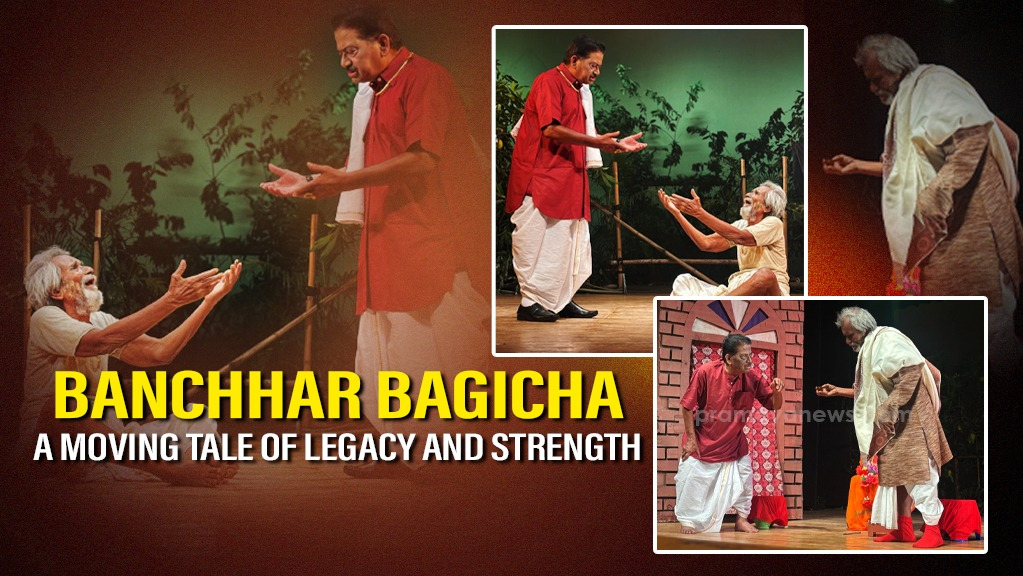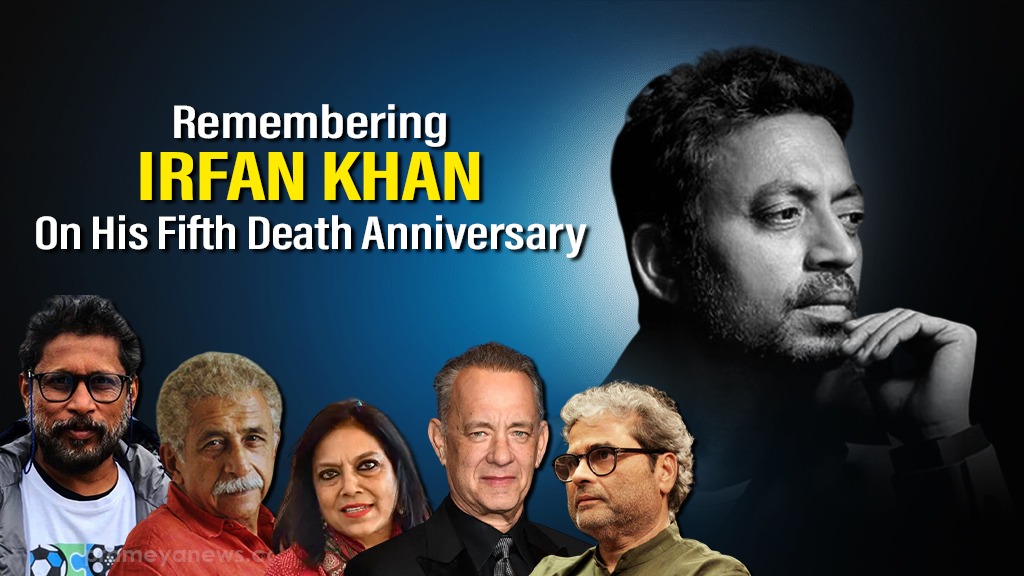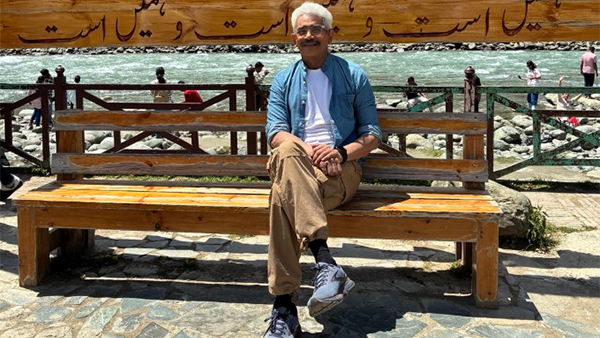Satabdir Kalakar's "Banchhar Bagicha" - A Story of Strength
Satabdir Kalakar's recent production of "Banchhar Bagicha," originally penned by Manoj Mitra, translated by Dhir Mallick, and skillfully directed by Brundaban Barik, stands as a poignant and ultimately uplifting theatrical experience. The play masterfully explores themes of resilience, greed, and the enduring power of life against formidable odds, leaving the audience with a profound appreciation for the human spirit.
Garden of Greed
The narrative centers on Banchha, an elderly man whose lifeblood has nurtured a magnificent garden, a local marvel coveted by the greedy Zamindar Chhakadi Mohanty. Chhakadi's relentless desire for the garden remains unfulfilled even in death, his restless spirit haunting the very land he couldn't possess. His son, Nakadi Mohanty, inherits this obsession, conspiring with a cunning Moharir to exploit the ailing, 95-year-old Banchha. They succeed in securing a contract: a meager monthly stipend for Banchha during his lifetime, with the garden ownership transferring to Nakadi upon Banchha's demise. Both Nakadi and Chhakadi's ghost eagerly anticipate Banchha's imminent death.
New Hope
Then the situation takes a surprising turn. The arrival of Banchha's grandson, Gopi, and his smart wife, Padma, injects new life not just into Banchha's humble hut but into Banchha himself. Discovering the greedy contract, the intelligent Padma refuses to yield to despair. Her dedicated care miraculously revitalises the frail Banchha, nursing him back from the brink. Banchha's returning health and the mounting monthly payments become an unbearable torment for Nakadi, leading to his own demise from a heart attack and nullifying the exploitative contract.
Continuing Legacy
Director Brundaban Barik handles Manoj Mitra's text with sensitivity, ensuring Banchha's survival feels earned, not merely granted by authorial sympathy. Banchha endures not just as an individual but as a symbol of defiance against the wealthy who gamble with human lives. He triumphs, securing not only his life and garden but also the future for his descendants. The play’s closing moments, where Banchha comforts his great-grandson, promising him the vibrant legacy of the garden – its birdsong, buzzing bees, fluttering butterflies, and blossoming trees – are deeply moving. It’s a powerful affirmation that life, nurtured with love and perseverance, will always find a way to flourish. Satabdir Kalakar's production brings this timeless message home with compelling performances and clear direction.

















































